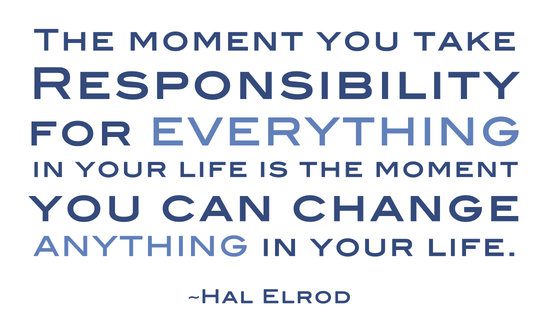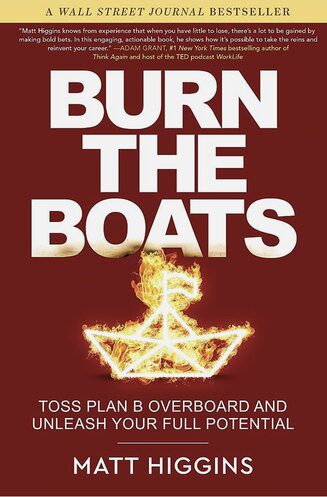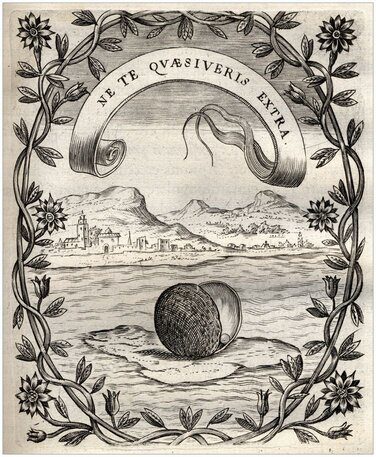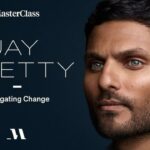“Who looks outside, dreams; who looks inside, awakes.” – Carl Jung
Swiss psychiatrist and psychoanalyst Carl Jung once said, “Who looks outside, dreams; who looks inside, awakes.” We live in a world where looking inside is becoming increasingly harder to do because of the various distractions at our beck and call. We tune down our inner voice and allow all other external stimuli and social validations to distract us from finding the essence of our purpose in life. We numb our pain, trauma, and boredom with the constant dopamine rush from our social media vanity metrics such as likes, retweets, shares and status updates. American essayist Ralph Waldo Emerson once quipped, “To be yourself in a world that is constantly trying to make you something else is the greatest accomplishment.” We look at the window, focusing on things we can’t control instead of focusing on the mirror and the things we can control.
“To be yourself in a world that is constantly trying to make you something else is the greatest accomplishment.” – Ralph Waldo Emerson.
When you look outside yourself, it is like looking out the window, focused on your external locus of control, shifting blame and not taking personal responsibility for your life. When you look inside yourself, it is like looking into the mirror. You are looking at the one person who can change the direction of your life; when you take personal responsibility for your life, you realize that no one is coming to the rescue. To awaken the greatness inherent in you, trust and bet on yourself, realizing that everything you need to change the course of your life is within you. Make that tough call, register that business, start that fitness regimen, limit your engagement with anything that is not helping you fulfil your purpose, starve your distraction and Feed your focus.

The 28th president of the United States of America, Woodrow Wilson, shared the same sentiment in 1907 about our collective inability to look within in his Baccalaureate address at Princeton University. He noted:
“We live in an age disturbed, confused, bewildered, afraid of its own forces, in search not merely of its road but even of its direction. There are many voices of counsel, but few voices of vision; there is much excitement and feverish activity, but little concert of thoughtful purpose. We are distressed by our ungoverned, undirected energies and do many things, but nothing long. It is our duty to find ourselves.”
There are many voices of counsel, but few voices of vision; there is much excitement and feverish activity, but little concert of thoughtful purpose.
Wilson made the above statement over a century ago; I can only imagine what his thought would be about our present age of social media. We live in a world that is filled with more gurus than we need, false prophets, influencers and humans who are directed by algorithm-induced financial rewards. As Chinese military strategist Sun Tzu noted in his classic book, The Art of War, “If you know the enemy and know yourself, you need not fear the result of a hundred battles. If you know yourself but not the enemy, for every victory gained, you will also suffer a defeat. If you know neither the enemy nor yourself, you will succumb in every battle.” As Tzu noted, If you know yourself, you fear no battles, and it would be easy to draw from your inner fortitude when the inevitable challenges of life arise.
“There are three things extremely hard: steel, a diamond, and to know one’s self.” – Benjamin Franklin

In his essay on Self-reliance, American essayist and poet Ralph Waldo Emerson writes about our inner genius, and he advised listening to it regularly. In Self-Reliance and other essays, Emerson observed:
To believe your own thought, to believe that what is true for you in your private heart is true for all men,—that is genius. Speak your latent conviction, and it shall be the universal sense; for the inmost in due time becomes the outmost,—and our first thought is rendered back to us by the trumpets of the Last Judgment. Familiar as the voice of the mind is to each, the highest merit we ascribe to Moses, Plato, and Milton is, that they set at naught books and traditions, and spoke not what men but what they thought.
A man should learn to detect and watch that gleam of light which flashes across his mind from within, more than the luster of the firmament of bards and sages. Yet he dismisses without notice his thought, because it is his.
In every work of genius we recognize our own rejected thoughts: they come back to us with a certain alienated majesty.
Great works of art have no more affecting lesson for us than this. They teach us to abide by our spontaneous impression with good-humoured inflexibility then most when the whole cry of voices is on the other side. Else, tomorrow a stranger will say with masterly good sense precisely what we have thought and felt all the time, and we shall be forced to take with shame our own opinion from another.
“There is a time in every man’s education when he arrives at the conviction that envy is ignorance; that imitation is suicide; that he must take himself for better, for worse, as his portion; that though the wide universe is full of good, no kernel of nourishing corn can come to him but through his toil bestowed on that plot of ground which is given to him to till.”

“Ne te quaesiveris extra. It’s the first line of Emerson’s “Self-Reliance,” and in Latin it means “Do not seek outside thyself.” We consult experts, watch YouTube videos, and scan bookstore shelves, all without considering whether we already possess the answers. Self-awareness is the greatest source of value creation entirely within your control. You need only turn inward and ask: Are you comfortable?”
If the answer is yes, then something is wrong. Being comfortable means that you have excess capacity, and you’re not maximizing your potential. Unless you’re trying to restore yourself and save up energy for your next journey, you shouldn’t be comfortable. Comfortable is how great people plateau.
Meditation
- Daily Calm with Tamara Levitt – Invitation
- It is so easy to get lost, lost in fantasies of the future, fears of the unknown, and difficult memories that we can’t let go of. When we are lost, we disconnect from where life exists, where perspective and clarity can be found and where peace lies. As often as possible, we want to keep returning to the present moment because it connects us to what is happening right now, to each fresh new moment. It connects us to our self and life.
“Welcome the present moment as if you had invited it. It is all we ever have so we might as well work with it rather than struggling against it. We might as well make it our friend and teacher rather than our enemy.”― Pema Chödrön
- Daily Jay with Jay Shetty – Broaden Your Gratitude
- Gratitude does not have to be transactional, we can be grateful for what is not for us.
Podcast
- When you understand THIS about meditation, everything will CHANGE For You Feat. Joe Dispenza
All the best in your quest to get better. Don’t Settle: Live with Passion.



Comments are closed.